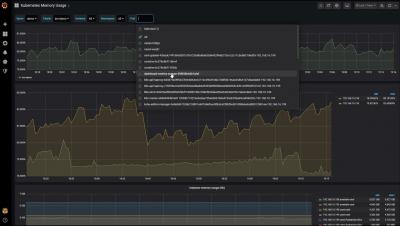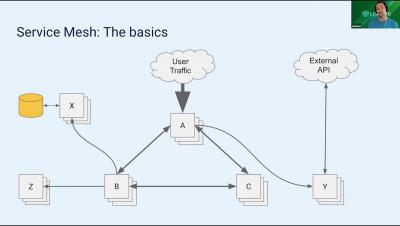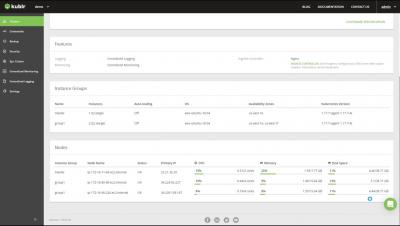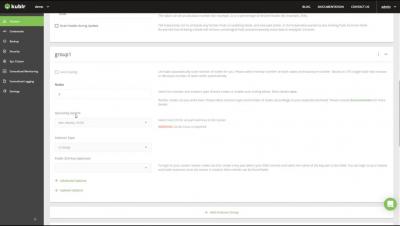Kublr, enterprise-grade Kubernetes -- logging and monitoring
Centrally deploy, run, and manage Kubernetes clusters across all of your environments with a comprehensive container orchestration platform that finally delivers on the Kubernetes promise. Optimized for large enterprises, Kublr is designed to provide multi-cluster deployments and observability. We made it easy, so your team can focus on what really matters: innovation and value generation.











